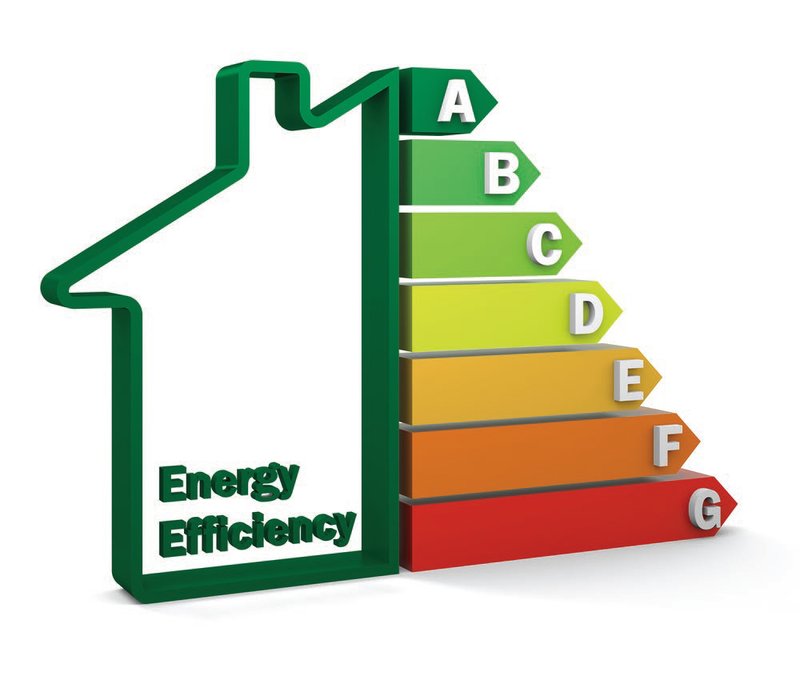Reducing heat loss in homes through a fabric first approach to design will ensure households can sustain rising energy costs. Ciaran McAliskey National Specification Manager (Ireland) of Keystone Lintels highlights the benefits of a one-piece lintel including low thermal conductivity performance, buildability, improved SAP calculations and why they are up to five times more thermally efficient than standard lintels.
Built-in for the life of a building, the fabric-first approach concentrates efforts on improving fabric u-values, reducing thermal bridging and improving airtightness. When compared to more costly renewable technologies, which have a limited lifespan and risk a significant increase in CO2 emissions from a development once they reach end of life, fabric-first is the secret to improving thermally-efficient building envelopes.
Thermal efficiency
A lintel with a thermal break such as Hi-therm+ will dramatically reduce thermal bridging through the junction with beneficial cost and performance outcomes. In fact, it can generate up to 34% reduction in non-repeating thermal bridging and is up to five times more thermally efficient than a standard steel lintel.
Improved SAP calculations
By improving the lintel Psi value alone, this can in-turn significantly improve the SAP calculation and will negate the need for less onerous requirements to upgrade the fabric of a building elsewhere.
Low thermal conductivity
A one-piece thermally-efficient lintel has an impressively low thermal conductivity, with a Psi value of 0.03 to 0.06 W/m.K making it the ideal low cost and sustainable solution for specifiers aiming to achieve building regulations with the fabric-first approach.
Buildability
Unlike a two-part solution, which can add costs and double installation time, the simplicity of a one-piece, structurally-superior top hat design assists stability between the internal and external leaves and creates stability throughout the building process.
Cost-effective
Offering significant savings compared to other popular alternatives, a one-piece thermally-efficient lintel is a cost-effective solution to lowering carbon emissions with SAP.







